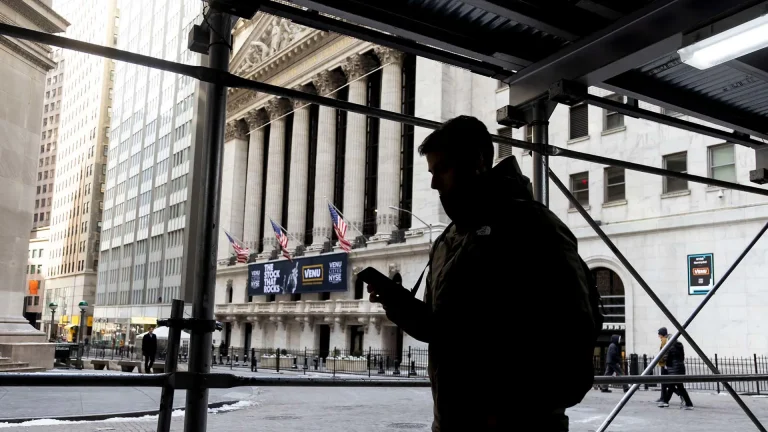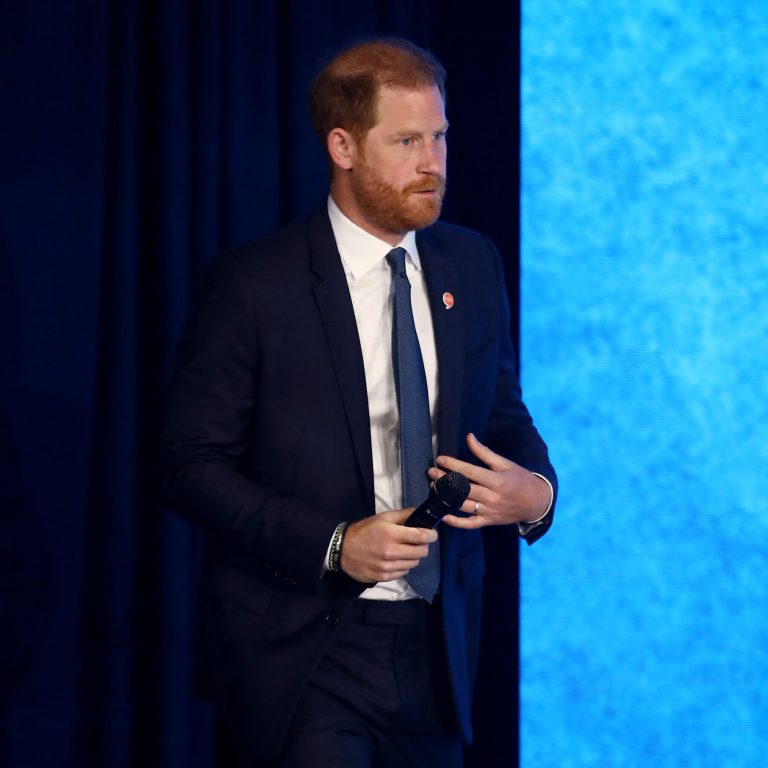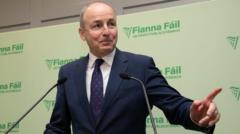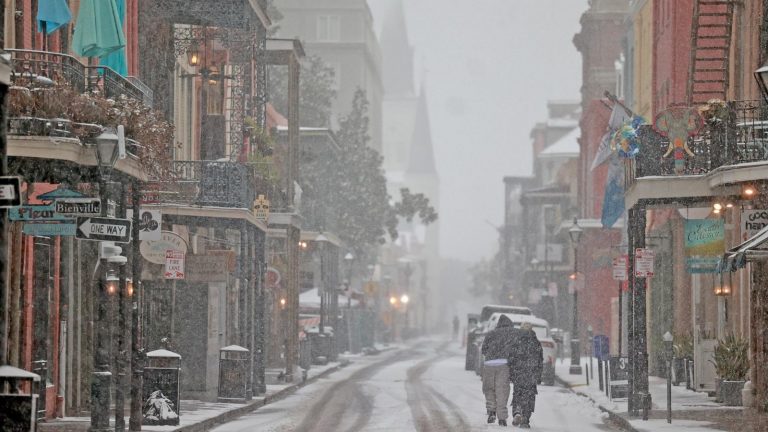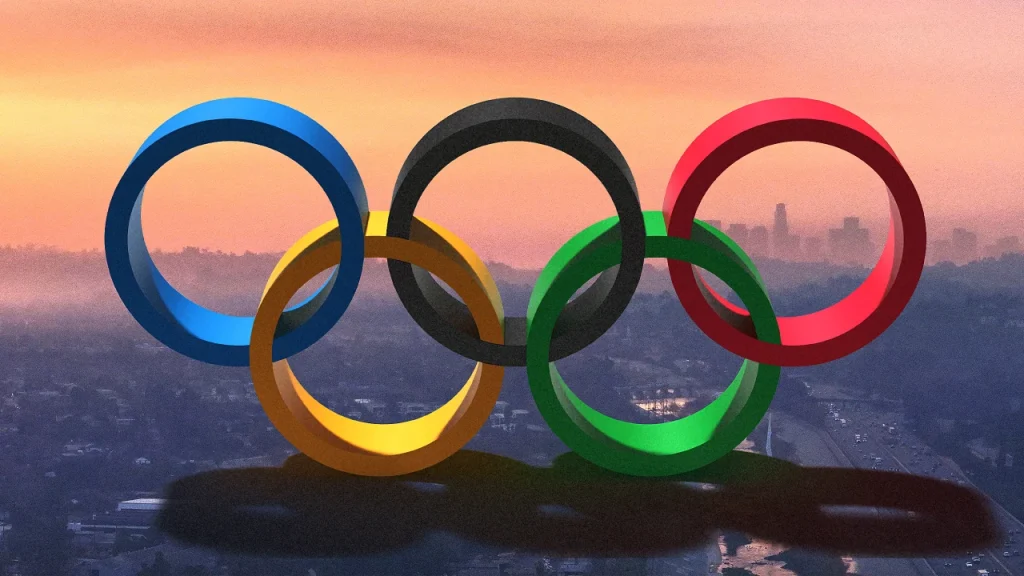
The massive organizational, infrastructure, and transportation challenges of hosting the Olympics Games is truly a marathon. For Los Angeles, host of the forthcoming 2028 Summer Games, that long logistical race just became significantly harder.
The horrific wildfires that have laid siege to Los Angeles over the past week, burning nearly 40,000 acres, damaging more than 12,000 structures, and pushing tens of thousands of Angelenos to evacuate, may ultimately cause up to $45 billion in insured damages. While no potential Olympic venues were burned, the damage and destruction has injected a fresh sense of uncertainty around hosting the quadrennial competition.
Can the city spend the next three-and-a-half years preparing for the Olympics—as well as playing host to the 2027 Super Bowl and 2026 World Cup—all while rebuilding from a catastrophe? Or will doing both at once find Los Angeles overwhelmed and under-resourced?
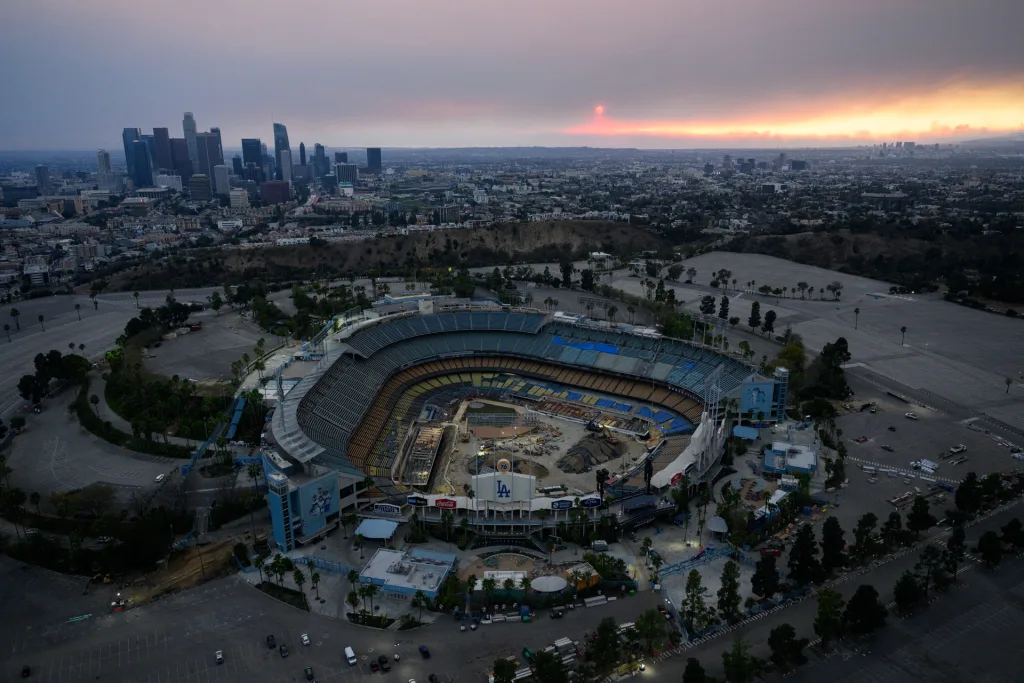
“The city’s going to spend a lot of time spent preparing for the Games, and any time spent doing that means they’re not spending time recovering from the disaster or preparing for the next one,” said Eric Sheehan, a member of NOlympics LA, a local group that has organized against the Olympics and its impact on communities, housing market, and local budgets.
Transportation and logistics have already become issues, with the city’s expansive vision for expanding its mass transit network by 2028 becoming narrower due to funding shortfalls and missed deadlines. As Alissa Walker, whose excellent Torched newsletter has been covering the ‘28 Olympics in depth for months, points out, that’s not the only way the city has fallen behind. L.A.’s Olympic and Paralympic committee hasn’t met since June, and the city hasn’t approved the final venue plan. She also notes that past games have looked at back-up locations when logistics became more challenging.
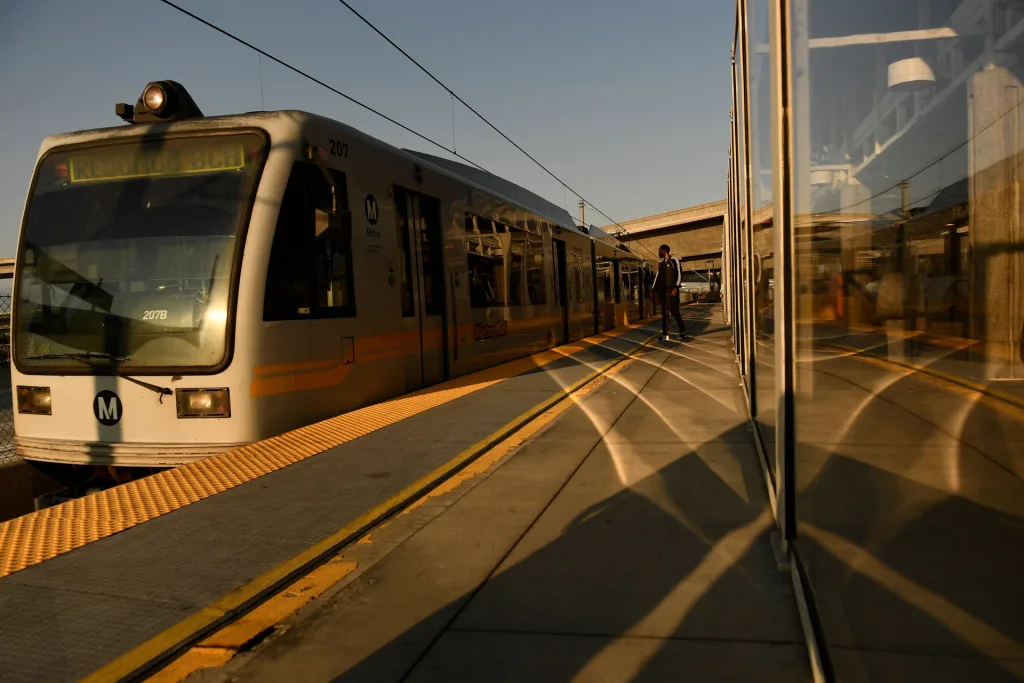
The fires, and forthcoming rebuilding process, have injected a note of caution in the statements of some local leaders, including Councilmember Hugo Soto-Martinez, a member of the city’s Olympic committee.
“If we’re going to host the Olympics in 2028, we need to make sure that it’s actually going to benefit our residents, who are reeling from losing their homes, jobs, and livelihoods,” he told Fast Company. “This event could bring in billions of dollars into our local economy, but who will benefit—our residents, or multinational corporations?”
“It calls into question the city’s ability to deliver the Olympics,” former councilmember Mike Bonin told The New York Times. “This is cause for elected officials to ask themselves the question: Is this something we can handle?”
Why The City Needs The Games
Local leadership, and the LA28 committee, have expressed confidence that the games won’t be diminished by the currently unfolding disaster. Governor Gavin Newsom, during a Sunday Meet the Press interview from a burnt-out yard in Altadena, told an interviewer that the fire “only reinforces the imperative of moving quickly” and that this is “an opportunity for California and this community to shine.”
“Los Angeles is defined by its resilience and determination,” said LA28 President and Chairperson Casey Wasserman in a statement. “The strength of our communities and our unity in tough times make this city extraordinary, and when Los Angeles welcomes the world in 2028, our spirit will shine brighter than ever before.”
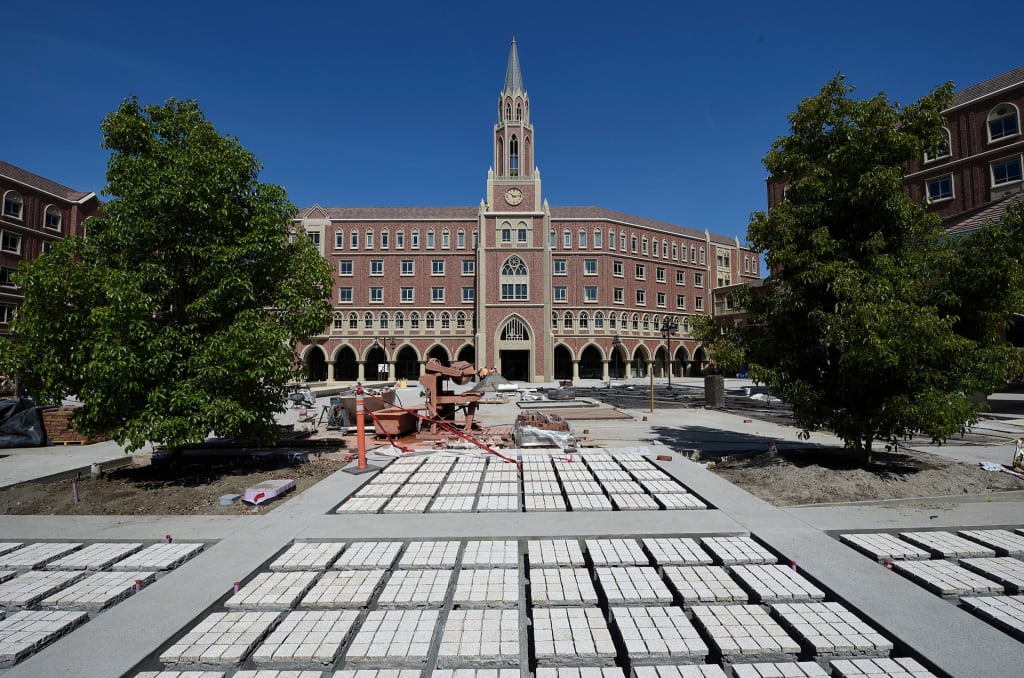
Advocates argue the benefits of hosting are clear. Rick Perelman, who worked on the 1984 Olympics in Los Angeles, wrote in his recent newsletter that the fires “pose no threat” to the 2028 Olympics.
He told Fast Company that the city can juggle both rebuilding and hosting the games; it’s the private Olympic committee that’s throwing the games, not the city itself. And it would be a folly to reject the significant economic benefits the Olympics would bring to the region, especially in the midst of recovery.
Perelman predicts increased costs for LA28, already estimated to cost nearly $7 billion, including insurance hikes and added expenses for fire prevention and readiness, which will be a key focus in the run-up to the event, which will happen during the traditional fire season. Just about every modern Olympics has had cost overruns; an Oxford study found every single one underestimated final costs; while the city isn’t paying for the games per se, Los Angeles is on the hook for the first $270 million of overruns.
How Rebuilding Complicates An Already-Difficult Task
Organizers have billed the 2028 Olympcs as the “no-build games,” playing up the fact that, due to the region’s wealth of venues, there don’t need to construct any new stadiums or sites. But even without that, there are still substantial construction and preparation needs, in terms of infrastructure and preparing the Olympic Village at UCLA. The City of L.A. also voted last summer to invest $54.4 million in upgrading its Convention Center before the Games.
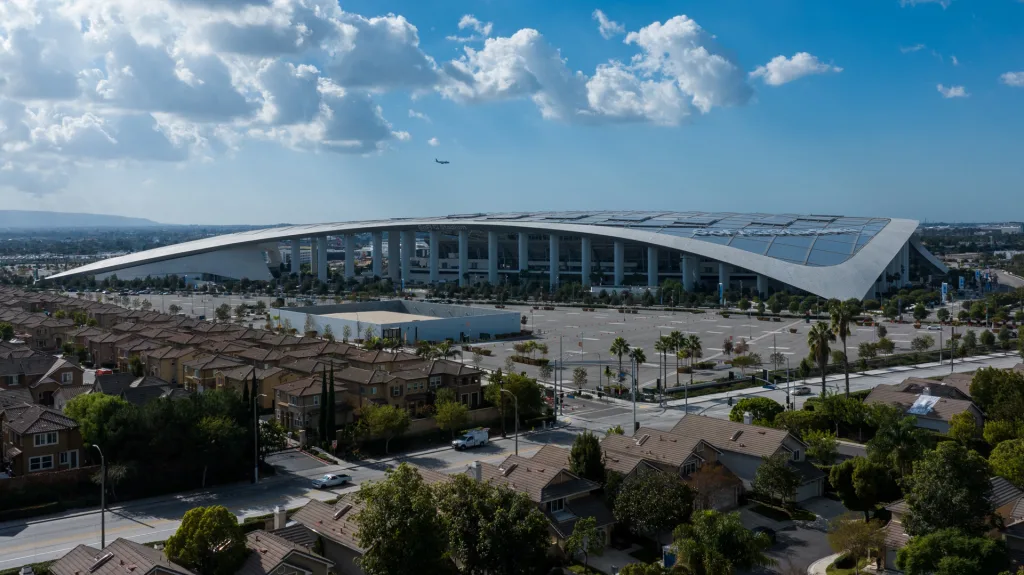
All of these projects will require construction workers, who will be in short supply due to efforts to rebuild after the fires. According to Mike Mitchell, president of the local chapter of Associated Builders and Contractors, the construction industry was already nervous about the scale of infrastructure and transportation work needed for LA28. The city has been racing to upgrade its transit networks in time to handle the millions of visitors and competitors who need to traverse the sprawling metro. Now, the same people needed for that work will also be sought to help repair infrastructure and rebuild homes in fire-damaged neighborhoods.
There are still many years before the Olympics kick off. But just as the city enters crunch time, fire recovery has made the preparation a lot more complicated.
Sheehan of NOlympics argues that instead of focusing on spending needed to support the games, the city should be looking at a more equitable wildfire recovery, and figuring out ways to support the tenants who have been devastated by the wildfires.
“There’s no way for LA city officials to properly prepare for the Olympics and Super Bowl while recovering from this disaster,” he said.


